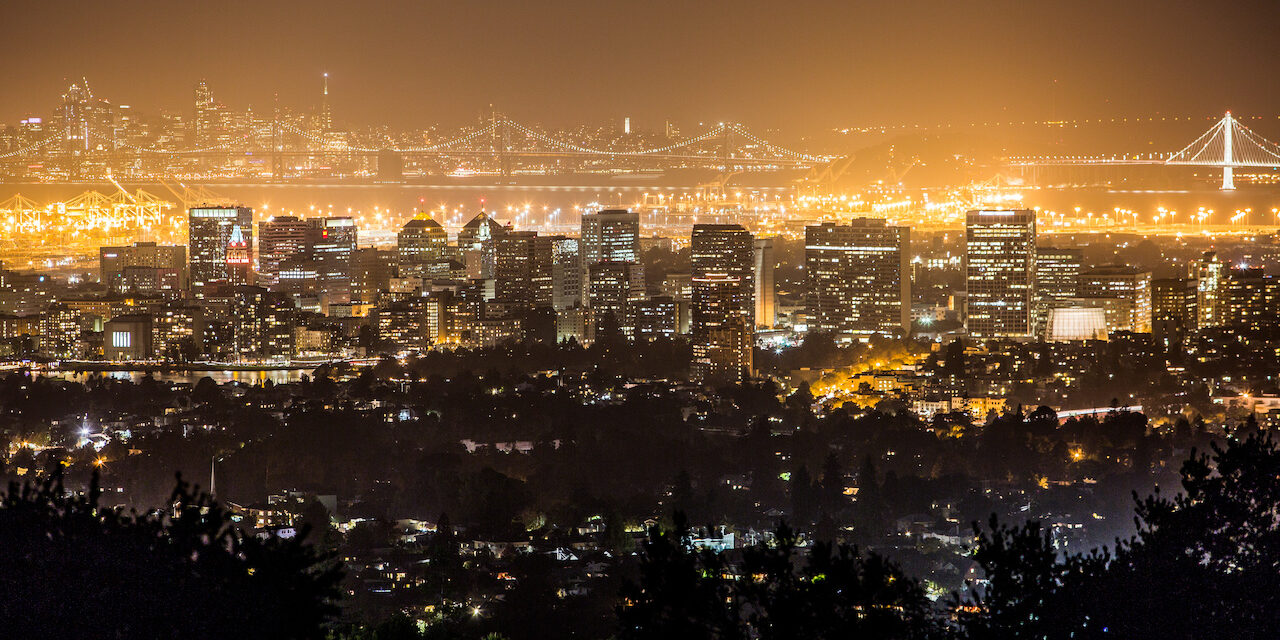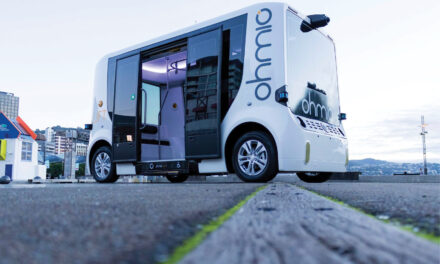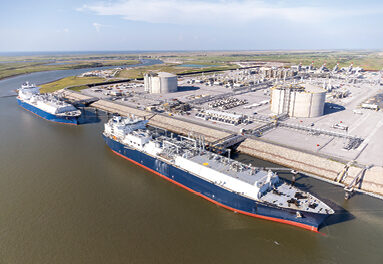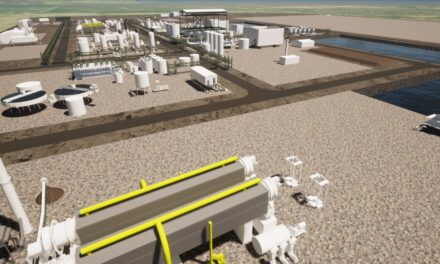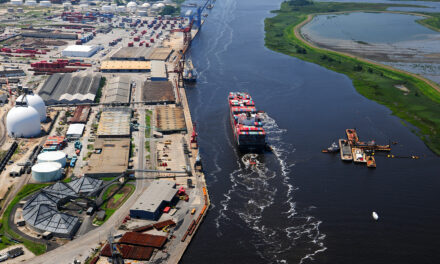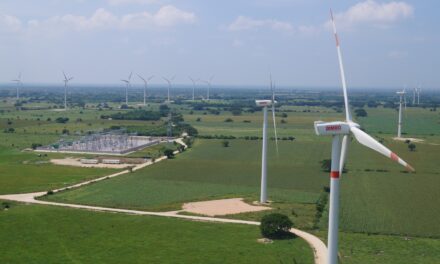StartupBlink’s Top 30 Startup Ecosystem Countries for 2023
|
| Rank |
Country |
Rank Change |
Total Score |
| 1. |
United States |
— |
198.08 |
| 2. |
United Kingdom |
— |
51.218 |
| 3. |
Israel |
— |
46.573 |
| 4. |
Canada |
— |
34.49 |
| 5. |
Sweden |
— |
27.074 |
| 6. |
Singapore |
1 |
26.571 |
| 7. |
Germany |
-1 |
25.939 |
| 8. |
France |
1 |
22.916 |
| 9. |
Australia |
-1 |
21.503 |
| 10. |
The Netherlands |
1 |
21.423 |
| 11. |
Switzerland |
+1 |
21.125 |
| 12. |
China |
-2 |
20.491 |
| 13. |
Finland |
+1 |
18.372 |
| 14. |
Estonia |
-1 |
17.674 |
| 15. |
Spain |
+1 |
16.958 |
| 16. |
Ireland |
-1 |
15.141 |
| 17. |
Lithuania |
— |
14.271 |
| 18. |
Japan |
+2 |
13.871 |
| 19. |
Denmark |
-1 |
13.831 |
| 20. |
South Korea |
+1 |
12.150 |
| 21. |
India |
-2 |
11.982 |
| 22. |
Belgium |
— |
11.429 |
| 23. |
Norway |
+1 |
11.315 |
| 24. |
Taiwan |
+1 |
10.591 |
| 25. |
Austria |
-2 |
9.840 |
| 26. |
Portugal |
+2 |
9.692 |
| 27. |
Brazil |
-1 |
9.606 |
| 28. |
UAE |
-1 |
9.518 |
| 29. |
Russia |
— |
8.095 |
| 30. |
Italy |
+1 |
7.897 |
Triangulation was a thing even before University of Southern California basketball coach Sam Barry and his player-turned-coach Tex Winter popularized the triangle offense. The practice — which, strictly defined, involves dividing an area into triangles in order to measure or map it — works for data sets too.
For a number of years, Site Selection’s annual feature on startup and innovation hubs has featured the increasingly deep analysis of Startup Genome, whose analysts rank the world’s top global startup ecosystems. But there’s another source whose global startup analysis can be triangulated with Startup Genome’s network and your own on-the-ground experience of places to evaluate locations not only for your latest startup, but for any company searching for a fecund operating environment.
StartupBlink, based in Zurich, Switzerland, calls itself “the world’s most comprehensive startup ecosystem map and research center,” with a map tracking “tens of thousands of registered startups, coworking spaces and accelerators, creating a robust sample of innovation worldwide.” Among the organization’s endorsements is this one involving site selection from Richard Sams, CEO of London-based MOHARA, the global startup studio organization with offices also in in Cape Town, Bangkok, Manila, Guadalajara and Toronto: “I am actually using StartupBlink data as the basis of our expansion strategy into the U.S. I say it’s central to our growth decisions.”
StartupBlink’s Top 25 Metro Startup
Ecosystems for 2023
| Rank |
City |
Country |
Rank Change |
Score |
| 1. |
San Francisco |
United States |
— |
546.427 |
| 2. |
New York |
United States |
— |
223.407 |
| 3. |
London |
United Kingdom |
— |
127.426 |
| 4. |
Los Angeles |
United States |
— |
116.943 |
| 5. |
Boston |
United States |
— |
103.337 |
| 6. |
Beijing |
China |
— |
99.019 |
| 7. |
Shanghai |
China |
— |
67.567 |
| 8. |
Bangalore |
India |
— |
64.232 |
| 9. |
Paris |
France |
1 |
57.477 |
| 10. |
Tel Aviv-Yafo |
Israel |
-1 |
56.774 |
| 11. |
Berlin |
Germany |
1 |
48.356 |
| 12. |
Seattle |
United States |
-1 |
48.19 |
| 13. |
New Delhi |
India |
— |
44.56 |
| 14. |
Tokyo-Yokohama Area |
Japan |
1 |
44.067 |
| 15. |
Chicago |
United States |
-1 |
38.352 |
| 16. |
Shenzhen |
China |
2 |
35.292 |
| 17. |
São Paulo |
Brazil |
-1 |
34.831 |
| 18. |
Washington DC |
United States |
1 |
34.2 |
| 19. |
Stockholm |
Sweden |
4 |
33.455 |
| 20. |
Singapore City |
Singapore |
2 |
33.448 |
| 21. |
Austin |
United States |
-1 |
33.444 |
| 22. |
San Diego |
United States |
-1 |
33.148 |
| 23. |
Toronto-Markham Area |
Canada |
1 |
32.63 |
| 24. |
Seoul |
South Korea |
1 |
31.081 |
| 25. |
Mumbai |
India |
-8 |
30.154 |
Each year the firm publishes the Global Startup Ecosystem Index Report, ranking the ecosystems of 1,000 cities and 100 countries using more than 40 parameters. The organization’s global map of all 147,326 startups allows you to zoom in and out to see the numbers of startups thriving across the report’s universe of 100 countries and 1,000 cities. The magnification gradations are fine enough that you can ascertain clustering patterns at various megaregional and sub-regional levels — i.e. the U.S. Northeast, the Bay Area, the more than 10,000 startups in and around London, etc. — while also seeing how smaller communities outside the major startup hubs are contributing to the whole.
The StartupBlink rankings of the 1,000 cities include their home countries, but not their states. I examined just the top 100 and found that 34 of them were U.S. metros. California led the way with five of those. Here’s how those 34 break out by state (total number of top 100 metros in parentheses). The metros’ global rankings appear in parentheses and the states with ties are ranked by the average ranking of their metros making the top 100:
- California (5 metros)
- San Francisco (1)
- Los Angeles (4)
- San Diego (22)
- Santa Barbara (88)
- Sacramento (92)
- Texas (3 metros)
- Austin (21)
- Dallas (26)
- Houston (52)
- North Carolina (3 metros)
- Raleigh-Durham (39)
- Charlotte (86)
- Wilmington (93)
- Florida (3 metros)
- Miami (32)
- Tampa (94)
- Orlando (100)
- Colorado (2 metros)
- Denver (31)
- Boulder (54)
- Pennsylvania (2 metros)
- Philadelphia (33)
- Pittsburgh (55)
The massive 393-page report breaks down nearly everything else, however. Among the global findings:
- The United States, United Kingdom and Israel, in that order, lead all other nations by a long shot. However, big movers include Iceland (+9 spots to No. 32), Luxembourg (+6 to No. 34, Latvia (+4 to No. 39) and Colombia (+4 to No. 40).
- The European region has the most cities in the global top 1,000, with 410 cities in 2023 (41%) compared to North America’s 291. However, North America claims 39 of the top 100 while Europe claims 28.
- Startups in North America’s portion of the top 1,000 cities received nearly 50% of global startup funding in 2022, while Europe’s startups in its own share of the top 1,000 cities received only 19.7%.
- San Francisco remains No. 1, but its point total edge over No. 2 New York has narrowed.
- “The cities ranked between 7-10 form a class of their own. Ranked 10th, Tel Aviv’s score is 17% higher than Berlin (11th).”
- In the Asia Pacific, Bengaluru (called Bangalore in the report) “is closing the total score gap with Shanghai (2nd in the region), raising the question of whether it could displace Shanghai next year.”
- Within the Latin America and Caribbean region, the report congratulates Colombia “for having all its cities show positive momentum this year, without exception. Medellin jumped 35 spots to 168th, Cartagena jumped 264 spots to 871st, Barranquilla improved 15 spots to 411st and Cali improved 11 spots to 282nd.”
- Within the Central Asia Regional Economic Cooperation Program group of cities, the Pakistani cities of Karachi (No. 235) and Lahore (No. 248) also rose substantially, with jumps of 56 and 57 spots, respectively.
- “Israel’s regional dominance is absolute, with 53.3% of the funding for the Middle East & Africa funneled to fund promising Israeli innovations.”
Startup Genome Top 30 Startup Ecosystems
 Startup Genome’s evaluation includes many of the same top performers as StartupBlink’s, with some variation in ranking. Startup Genome’s evaluation includes many of the same top performers as StartupBlink’s, with some variation in ranking.
|
Most movements in the rankings were minor. But some stand out. “At 16th, Shenzhen’s is the highest-ranked city that showed an increase of two spots, “continuing its outstanding advance of 24 spots since 2020,” says the report. “It is also the only Chinese ecosystem in the global top 20 with positive momentum.” Meanwhile, among the global top 30, “Stockholm has the most substantial increase of four spots, ranking 19th globally and registering a 10-spot improvement since 2021.” Other significant improvers:
- No. 29 Jakarta, Indonesia, +3 spots year over year and +12 since 2020
- No. 31 Denver, +3
- No. 34 Munich, +5
- No. 43 Helsinki, +5
- No. 45 Guangzhou, China, +6 (+202 since 2020)
- No. 62 Lisbon, Portugal, +21 (largest improvement among European cities in top 100)
- No. 53 Istanbul, +13
- No. 64 Oslo, Norway, +8 (+55 since 2020)
- No. 65 Bogota, +12 since 2021
- No. 69 Nanjing, China, +88 (+896 since 2020)
- No. 73 Vilnius, Lithuania, +7
- No. 74 Bangkok, +25
- No. 77 Kyiv, Ukraine, +16
- No. 78 Pune, India, +12
- No. 81 Baltimore, +11
These findings and more can inform any location decision. StartupBlink CEO Eli David speaks to that in the first pages of the report: “In a time when wrong decisions can determine the fate of our startups,” he writes, “a key decision we all need to think about is the following: ‘Where should we build our startup?’ This is a question that is not asked often enough. When successful founders share details about their moments of breakthrough, we find many startups were born from chance encounters, unexpected connections, or insights that arrived from a random conversation. Those moments tend to happen in thriving startup ecosystems, with a concentration of high-quality startup stakeholders and a general mindset of cooperative innovation.” — Adam Bruns |
 At No. 3, London is StartupBlink’s top global startup ecosystem outside the United States.
At No. 3, London is StartupBlink’s top global startup ecosystem outside the United States.
